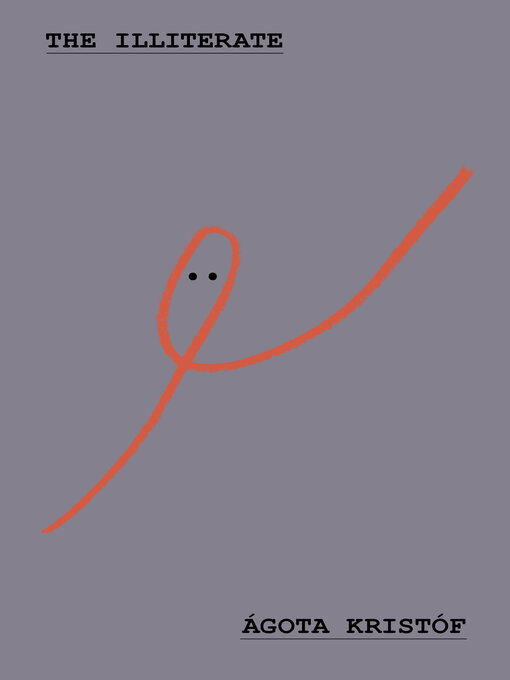In 2004, late in her legendary career, Ágota Kristóf wrote this slim dagger of a memoir about being a refugee after fleeing Hungary in 1956
Narrated in a series of stark, brief vignettes, The Illiterate is Ágota Kristóf's memoir of her childhood, her escape from Hungary in 1956 with her husband and small child, her early years working in factories in Switzerland, and the writing of her first novel, The Notebook. Few writers can convey so much in so little space. Fierce yet almost pointedly flat and documentarian in tone, Kristóf portrays with a disturbing level of detail and directness an implacable message of loss: first, she is forced to learn Russian as a child (with the Soviet takeover of Hungary, Russian became obligatory at school); next, at age twenty-one, she finds herself required to learn French to survive: I have spoken French for more than thirty years, I have written in French for twenty years, but I still don't know it. I don't speak it without mistakes, and I can only write it with the help of dictionaries, which I frequently consult. It is for this reason that I also call the French language an enemy language. There is a further reason, the most serious of all: this language is killing my mother tongue.- Self-Published Favorites
- Long Books to Get Lost In
- Recently Added and Available Now
- New eBook Additions
- New Kids Additions
- New Teen Additions
- Most Popular
- Try Something Different
- Always Available E-books
- #ReadIndie
- Comics Galore!
- See all ebooks collections
- Always Available Audiobooks
- Recently Added and Available Now
- New Audiobook Additions
- New Kids Additions
- New Teen Additions
- Most Popular
- Try Something Different
- See all audiobooks collections

